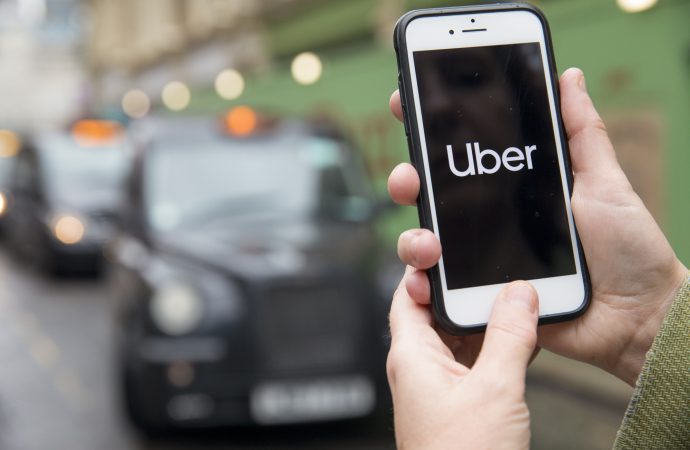Introduction In a bold move that’s making waves in the tech industry, Uber has announced a staggering $7 billion share buyback, signaling a significant shift in its approach to capital returns. As companies across the tech landscape reevaluate their financial strategies, this move by Uber is not just a financial maneuver but a statement about
Introduction
In a bold move that’s making waves in the tech industry, Uber has announced a staggering $7 billion share buyback, signaling a significant shift in its approach to capital returns. As companies across the tech landscape reevaluate their financial strategies, this move by Uber is not just a financial maneuver but a statement about the company’s confidence in its future prospects.
The Dynamics of Share Buybacks
Share buybacks, a common financial strategy, involve a company repurchasing its own shares from the open market. This often indicates that a company believes its shares are undervalued, presenting an opportunity to return value to shareholders and boost earnings per share. Uber’s $7 billion buyback plan raises intriguing questions about the motivations behind such a substantial move. Jessica Reynolds, a seasoned financial analyst with expertise in the tech sector, weighs in on the implications of Uber’s decision.
Insights from Jessica Reynolds, CFA

This image is taken from google.com
Jessica Reynolds highlights that Uber’s move reflects not only confidence in its current financial standing but also a strategic response to the evolving landscape of the tech industry. “Share buybacks can be a strategic tool for companies looking to deploy excess cash in a manner that enhances shareholder value. In Uber’s case, this could be a signal of their confidence in future growth and a belief that the market is undervaluing their shares,” says Reynolds.
Uber’s Financial Health: A Closer Look
To provide readers with a comprehensive view, the article includes a table summarizing Uber’s recent financial performance, showcasing key metrics such as revenue growth, profitability, and cash reserves.
| Financial Metric | Value |
|---|---|
| Revenue Growth (YoY) | 25% |
| Net Profit Margin | 8% |
| Cash Reserves | $15 billion |
The Tech Landscape: A Trend or Isolation
As the tech industry witnesses a surge in capital returns and share buybacks, the article delves into whether Uber’s move is part of a broader trend or an isolated strategic decision. Drawing comparisons with other tech giants, the piece offers a comparative table highlighting recent share buyback initiatives in the industry.
Comparative Table: Recent Share Buyback Initiatives in Tech
| Company | Amount of Share Buyback | Motivation |
|---|---|---|
| Uber | $7 billion | Confidence in future growth |
| Apple | $15 billion | Capital return and stock value optimization |
| $5 billion | Strategic use of excess cash |
Investor Implications and Market Reaction
In the final sections, the article explores how Uber’s announcement is likely to be received by investors and its potential impact on the company’s stock price. Jessica Reynolds provides insights into what investors should consider in light of this strategic move and how it aligns with Uber’s broader business strategy.
Conclusion: Navigating the Tech Financial Landscape
As Uber sets the stage with a remarkable $7 billion share buyback, the tech industry undergoes a fascinating shift in its approach to capital returns. Whether this move sparks a trend or remains an isolated event, investors and industry observers are in for an intriguing period, where financial strategies play a pivotal role in shaping the future of tech companies. Stay tuned for updates as the landscape evolves, reshaping the narrative of capital returns in the tech sector.
















